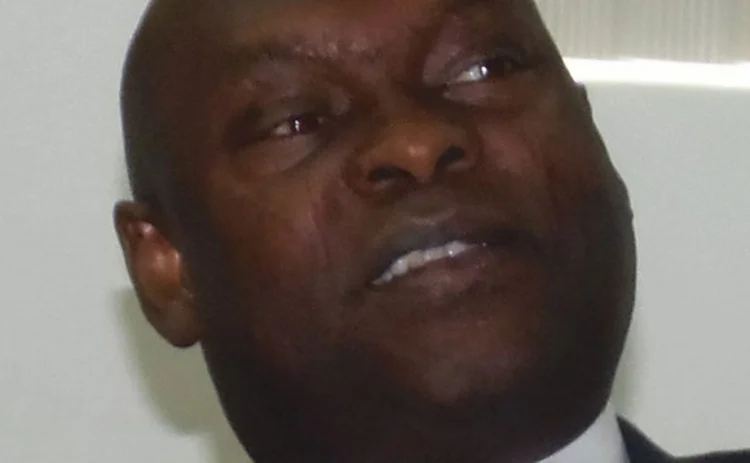
Nigerian financial infrastructures increasing cooperation
At Nigeria's third Capital Market Committee retreat, Kyari Bukar, the head of the country's central securities depository, reports on progress liberalising the market - and dealing with unclaimed dividends

Nigeria has in the past suffered from an image problem that has contributed to investor deterrent. But having recently overtaken South Africa as the largest economy in Africa, that could be about to change as Nigeria’s financial services leaders work together to modernise the country’s capital markets.
There is much in the pipeline. The launch of an exchange-traded derivatives market in Nigeria is
Only users who have a paid subscription or are part of a corporate subscription are able to print or copy content.
To access these options, along with all other subscription benefits, please contact info@risk.net or view our subscription options here: http://subscriptions.risk.net/subscribe
You are currently unable to print this content. Please contact info@risk.net to find out more.
You are currently unable to copy this content. Please contact info@risk.net to find out more.
Copyright Infopro Digital Limited. All rights reserved.
As outlined in our terms and conditions, https://www.infopro-digital.com/terms-and-conditions/subscriptions/ (point 2.4), printing is limited to a single copy.
If you would like to purchase additional rights please email info@risk.net
Copyright Infopro Digital Limited. All rights reserved.
You may share this content using our article tools. As outlined in our terms and conditions, https://www.infopro-digital.com/terms-and-conditions/subscriptions/ (clause 2.4), an Authorised User may only make one copy of the materials for their own personal use. You must also comply with the restrictions in clause 2.5.
If you would like to purchase additional rights please email info@risk.net
More on Custody
Fund admin providers see strong demand for illiquid strategies
Three-quarters of survey respondents administering $4.4 trillion collectively get weekly illiquids enquiries from managers
Bafin's Hufeld: op risk modelling 'almost impossible'
AMA can go, but other models will stay, Felix Hufeld tells Risk.net
HSBC drives custody growth with China mandate wins
Securities lending also sees uptick as BNY Mellon and State Street announce new clients
ISSA standards seek to stamp out cross-border custody crime
Principles also target misdeeds in settlement and distribution of securities
Are regulators listening at last on the leverage ratio?
Basel Committee, FSB and EBA open ears to balance sheet leverage concerns
Sovereign wealth fund interns cost BNY Mellon nearly $15m
Custodians should retrain HR in foreign bribery rules as SEC threatens further action
Latin alternative funds eye Asia following passport decision
AIFMD 'driving' South American business to Singapore
Non-domestic custodians notch up big deals in Australia
BNP Paribas Securities Services takes A$50 billion of UniSuper assets previously run by NAB








